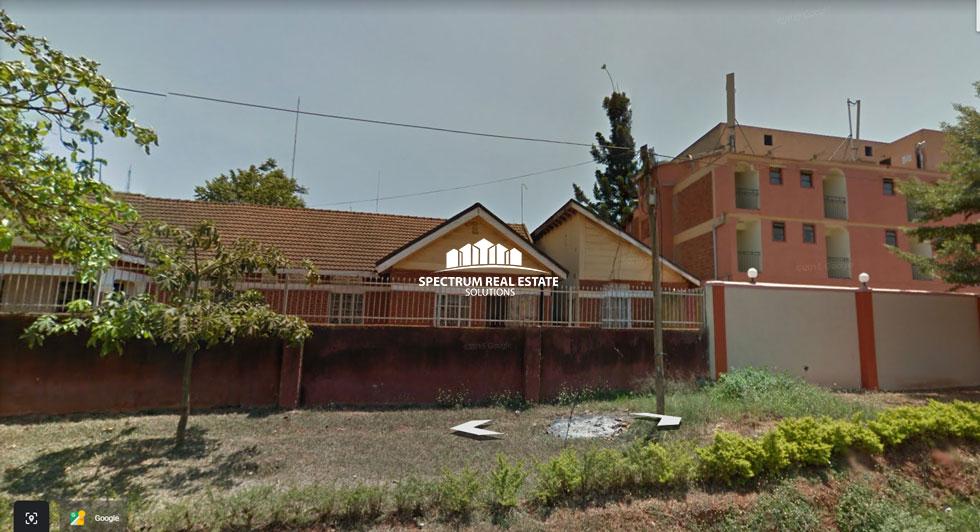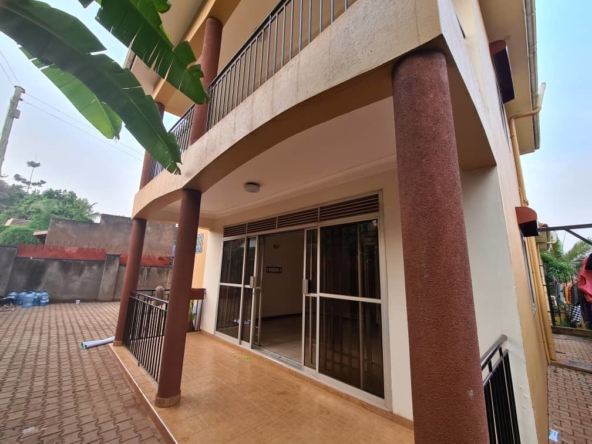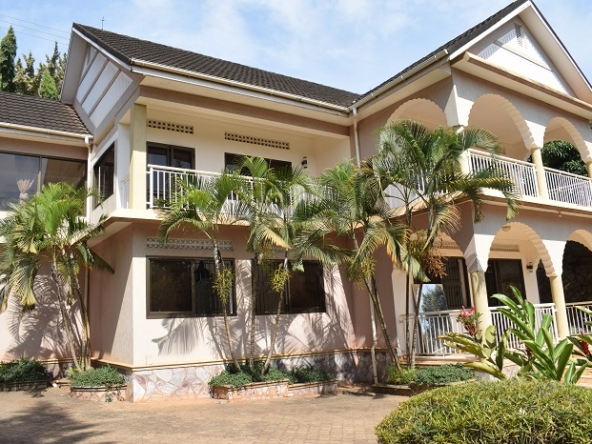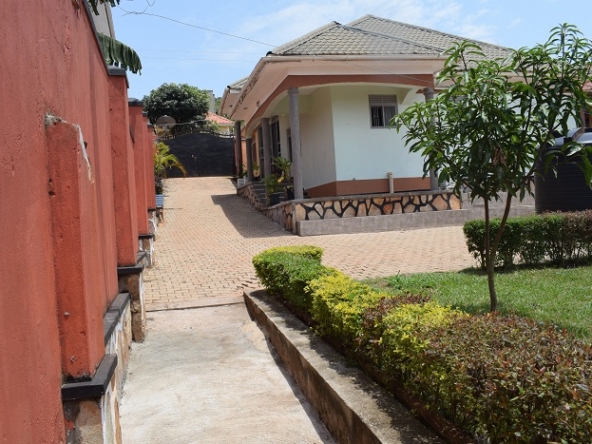Buying property in Uganda
KEY TIPS FOR BUYING PROPERTY IN UGANDA
KEY TIPS FOR BUYING PROPERTY IN UGANDA
Documentation of property Transactions in Uganda
- Have an agreement in writing for any transaction (buying, selling, donating or bequeathing) on Land.
- Ensure that the right persons in law that is to say an adult who hold interest in that land sign the agreement.
- Ensure that you have copies of the original agreement.
- All parties (buyers and sellers) must sign on all pages of the agreement.
- For titled land, conduct a search to ascertain the real owners or interest holders in that land.
- Where an administrator (s) are the right ones registered on the land, ensure that they have valid letters of administration to deal in the land and where there is more than one, all of them sign on the agreement.
- Where either the buyer or seller of the land is an illiterate, the person writing the agreement for or on behalf of the illiterate must indicate his or her full name and address as the writer of that document otherwise he or she commits an offence (Section 3 and 4 of the Illiterates Protection Act Cap 78.)
- For customary land owned by community members, consent of the community members is required for any land transaction while for land owned by a family, consent of the spouse and children must be obtained.
- Customary land can also be converted to freehold land where the owners wish to change it. (Section 9 of the Land Act)
Right of Spouses to Give Consent for Transactions on Family property
- Husbands and wives of owners of family property are entitled to occupy this property.
- They have the right to access to, and live on family property. (Section 38 A of the Land Act).
- Spouses therefore must give their consent to all land transactions on family property (Section 39 of the Land Act).
- These transactions include: sale of the land, mortgages or leases on family land and giving away family.
Rights of Beneficiaries to Estates of Persons Who Die Without a Will
- Where a land owner, tenant by occupancy or Kibanja holder dies without a will, his or her interest in the land is inherited by the family.
- The family must have meetings and appoint an Administrator who should apply for Letters of Administration to manage and hold the land of the deceased on behalf of the family members.(Section 26 of the Succession Act)
- Widows or widowers have the first priority to apply for Letters of Administration to administer the estates of their deceased spouses forth benefit of the family.
- Therefore, a beneficiary of the estate of the deceased (for instance children and spouses of the deceased) has a right to oppose land transactions entered by the Administrator if he or she believes that it affects his or her interests in the land.
- This can be done by registering a beneficiary’s caveat at the Registry of Lands. This caveat does not lapse except with consent of the beneficiary who filed it or a court order. (Sections 139 and 144 of the Registration of Titles Act)
- A beneficiary, who is not an Administrator, can bring a case in the courts of law to protect his or her interest in the estate of the deceased or to ensure that the property of the deceased is well managed and distributed.
Rights and Duties of Tenants by Occupancy and Kibanja Holders
- Tenants by occupancy have a right to occupy land under the laws of Uganda.
- They have the right to enter transactions with respect to the land they occupy with the consent of the registered land owner, which should not be denied on unreason able grounds. (Section 34 of the Land Act).
- The law strictly requires tenants by occupancy to give the landowner first option where they wish to sell their interest and vice versa where a land owner wants to sell the land. This must be on a willing buyer willing seller basis. (Section 35 of the Land Act).
- These rights and duties extend to Kibanja holders who must also obtain the consent of the registered owner before selling of their Kibanja.
- They must also be given the right of first option to buy the land if the land owner wants to sell the land.
- Where a tenant by occupancy or Kibanja holder sells their interest without giving the landowner first option, he or she commits an offence and loses the right to occupy the land. (Land(Amendment) Act 2010)7
- A person who buys registered land which has tenants by occupancy must respect and observe their rights.
- He or she must not evict them except if he or she obtains court order of eviction for non-payment of the annual nominal ground rent. (Section 32A of the Land Act as amended in 2010).
- Similarly, any person who buys registered land in Buganda must observe the rights of Kibanja holders on the land

























